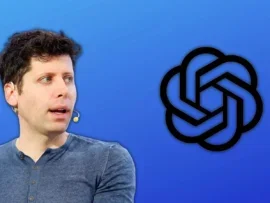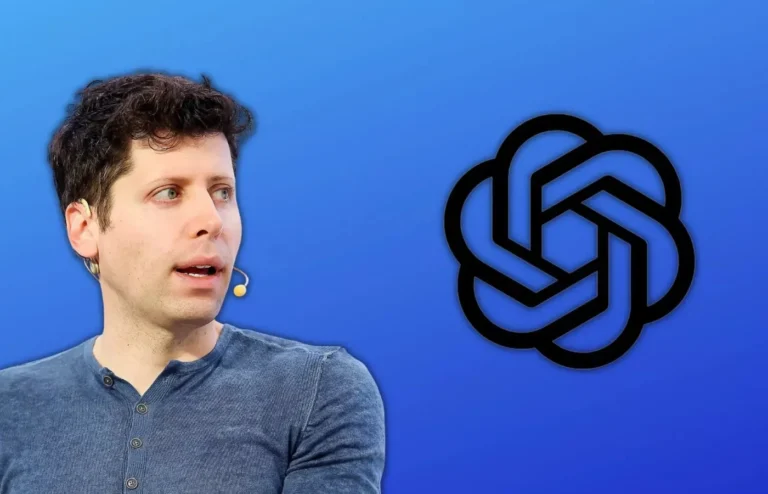
OpenAI may turn to Google cloud services to fulfill the generative AI’s massive computing capacity needs, according to multiple people contacted by Reuters. Google’s generative AI models, including Gemini and its AI Overview in Google Search, are primary competitors to OpenAI’s ChatGPT, especially as ChatGPT increasingly resembles a search engine. However, it may be that the two can’t survive as competitors alone, as OpenAI knows its models require increasingly more resources, and may not want Microsoft to provide all of it.
SEE: Apple Might Add AI-Powered Results in Safari, Weakening Google’s Search Dominance
OpenAI models may train and run on Google Cloud services
The reported deal, finalized in May, would allow OpenAI to develop, deploy, and run inference on its models using Google Cloud’s infrastructure.
Overall, OpenAI has been making moves showing it does not want to rely solely on its backer Microsoft for infrastructure. According to Reuters, Microsoft had previously restricted OpenAI from working with Google Cloud, but this position appears to have changed in recent months. Prior to January, Microsoft Azure cloud service was the only brand providing OpenAI with data center infrastructure.
OpenAI began working with SoftBank and Oracle on its own data center, the $500 billion Stargate project planned for Texas. In May, it made a deal with CoreWeave for billions in computing power.
SEE: NVIDIA announced a handful of partnerships in the UK, including providing GPUs to two cloud companies.
OpenAI also anticipates needing a greater supply of chips. The company is working on producing in-house chips to reduce its dependency on NVIDIA. Meanwhile, Google has a successful arm churning out tensor processing units.
Still, Reuters noted that Google has struggled to meet internal demand for compute, raising questions about how much spare capacity it can offer to external partners like OpenAI, especially given their competitive relationship.
Microsoft and OpenAI are in talks to restructure their relationship, Reuters said. Currently, Microsoft holds a minority economic interest in the for-profit segment of OpenAI.
The borders between AI answers and search engines are getting fuzzy
The relationship between Google and OpenAI is particularly contentious regarding web search. ChatGPT has replaced Google for some users as the first stop online to answer questions or reach other websites. For their part, OpenAI offers a ChatGPT search window for subscribers. OpenAI considered adding ads into its chatbot’s responses, which would put it in direct competition for eyeballs with Google Search.

